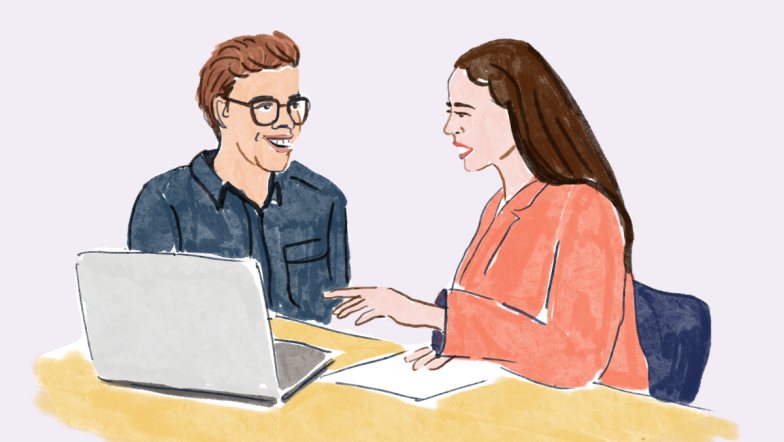Supporting people who experience sexual harassment at work social events
15 Dec 2021
In the most recent 2020 Australian Human Rights Commission survey, 1 in 3 people have experienced sexual harassment at work in the last 5 years.
Sexual harassment can occur across industries, levels of seniority, and locations. From seeing spikes in sexual harassment claims by employees and volunteers following end-of-year parties such as Christmas parties, we know that people are more likely to experience workplace sexual harassment during work social events.
What is sexual harassment?
Sexual harassment in the workplace is any form of unwelcome sexual advance, request for sexual favours or other unwelcome conduct of a sexual nature. It can take many different forms including:
- Sexually suggestive jokes or comments;
- Inappropriate physical contact, including unwelcome hugging, touching or kissing;
- Sexually explicit messages, emails or phone calls;
- Staring or leering, indecent exposure or sexual gestures.
Sexual harassment also includes certain behaviours that may be a criminal offence, such as sexual assault and stalking.
Women are more likely than men to experience sexual harassment in the workplace. Particular groups are also more likely to experience sexual harassment, including young people, people who identify as LGBTIQA+, and people with disability.
Legal help for workplace sexual harassment
Everyone should be able to feel safe and respected at work. If you, or someone you know, have experienced sexual harassment in the workplace, at an end-of-year party or at any other time, help is available.
For further information about sexual harassment and assistance:
You can also apply for legal assistance.


